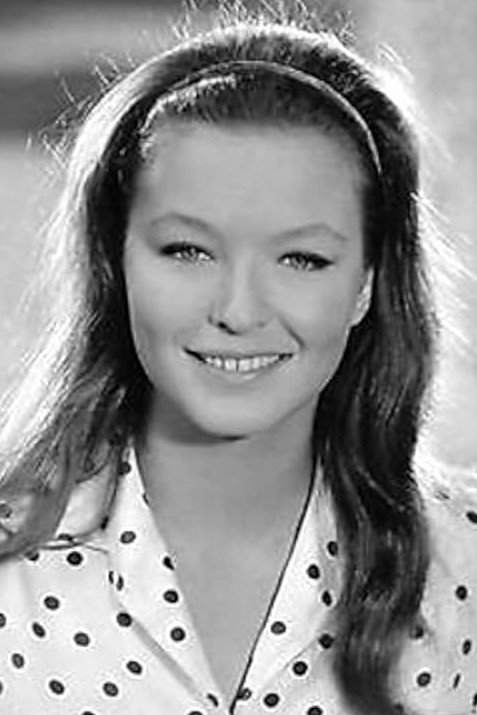
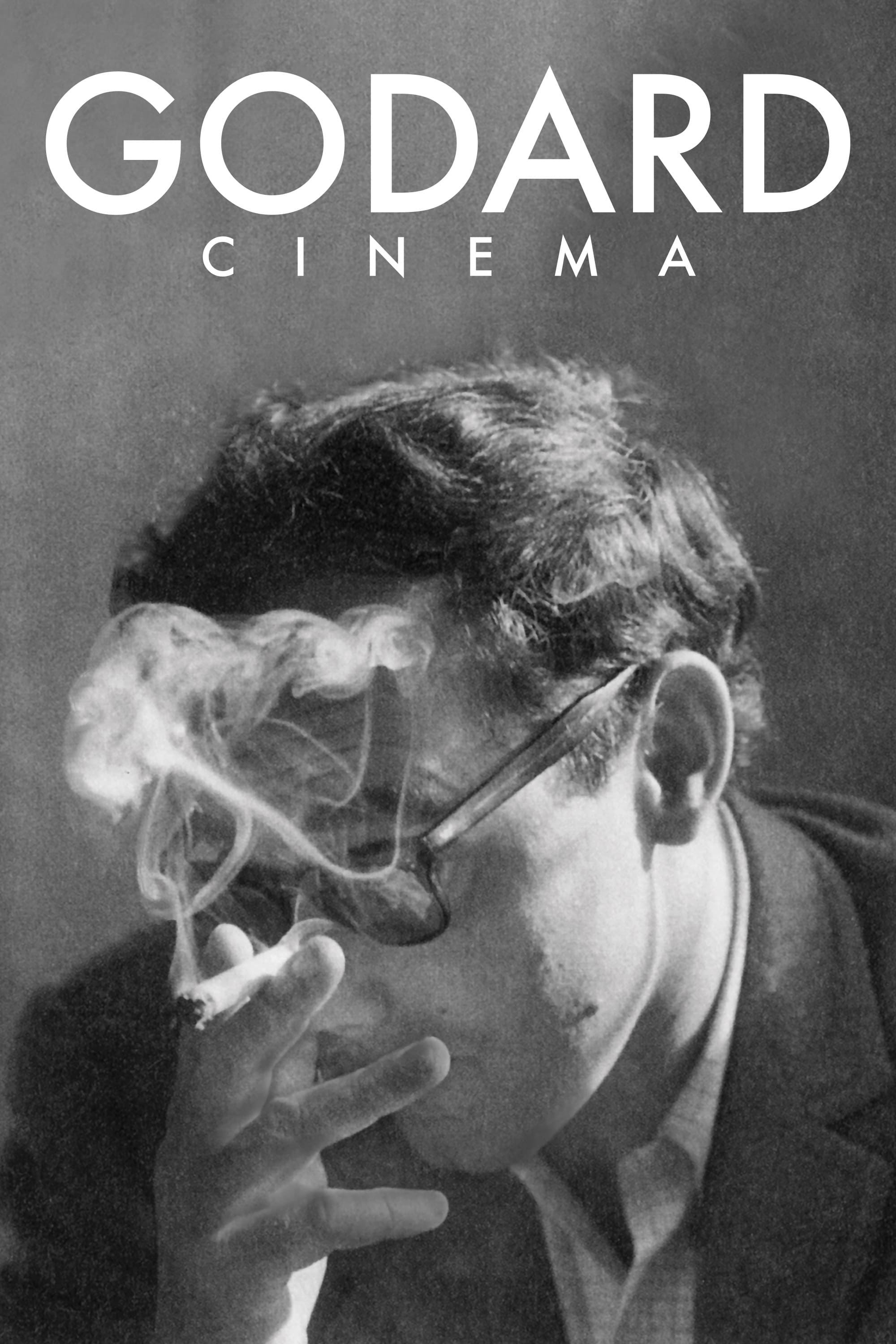
Jean-Luc Godard is synonymous with cinema. With the release of Breathless in 1960, he established himself overnight as a cinematic rebel and symbol for the era's progressive and anti-war youth. Sixty-two years and 140 films later, Godard is among the most renowned artists of all time, taught in every film school yet still shrouded in mystery. One of the founders of the French New Wave, political agitator, revolutionary misanthrope, film theorist and critic, the list of his descriptors goes on and on. Godard Cinema offers an opportunity for film lovers to look back at his career and the subjects and themes that obsessed him, while paying tribute to the ineffable essence of the most revered French director of all time.
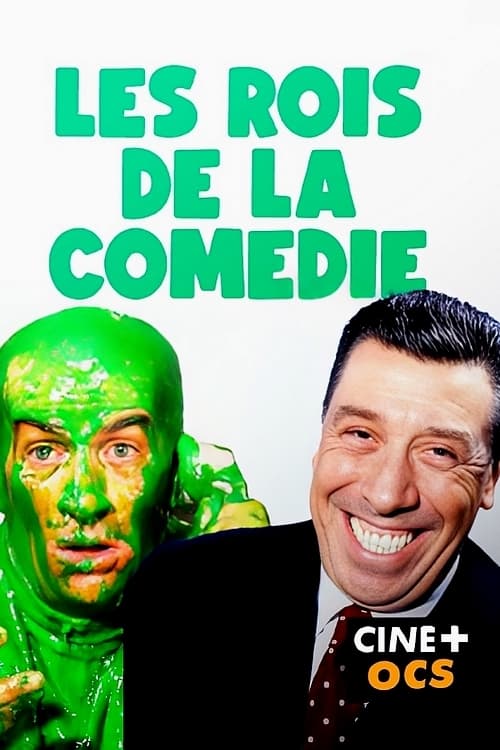
At the end of the 1950s, four humor specialists simultaneously experienced recognition. Fernandel with “The Cow and the Prisoner”, Bourvil with “The Hunchback”, Jacques Tati with “My Uncle” and Louis de Funès with “Oscar” at the theater. On the big screen or on stage, each of these artists has a unique style of humor. They are the kings of French comedy. But how did they manage to become true box office champions? How did they experience their immense popularity? How do they still influence the comedy genre? And above all, are- are they funny in life? Where is the line between their character in the cinema and their real personality?
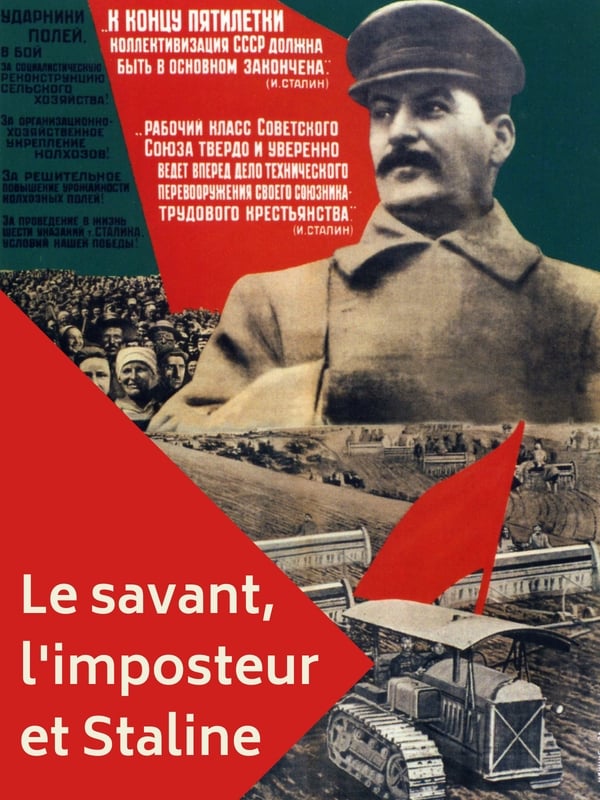
The documentary tells two very different human fates in the 1920s Soviet Union. Nikolai Vavilov was a botanical genius, Trofim Lyssenko was an agronomist who made great promises and fake inventions. Each of them tried to solve the country's nutritional problem, but only one succeeded.
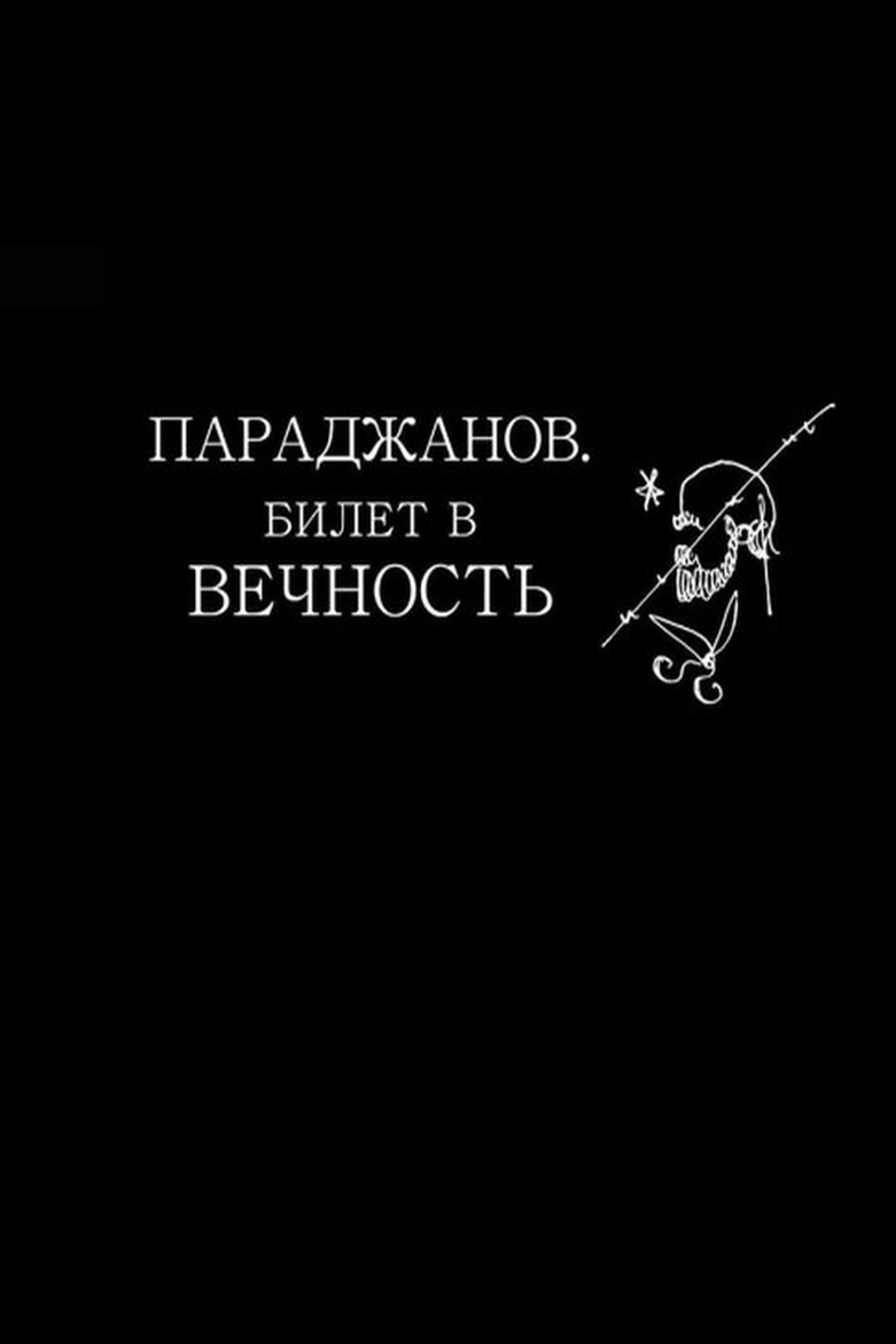
Documentary about the life of Sergei Parajanov, a prominent Soviet-era filmmaker who was active in Ukraine, Georgia and Armenia and was persecuted by the communist government for his views on the pretext of his homosexuality, which was a crime in the USSR. The centerpiece of this documentary is Shadows of Forgotten Ancestors, a 1965 movie directed by Parajanov, that awakened the Ukrainian national consciousness which had been suppressed by decades of Soviet rule.
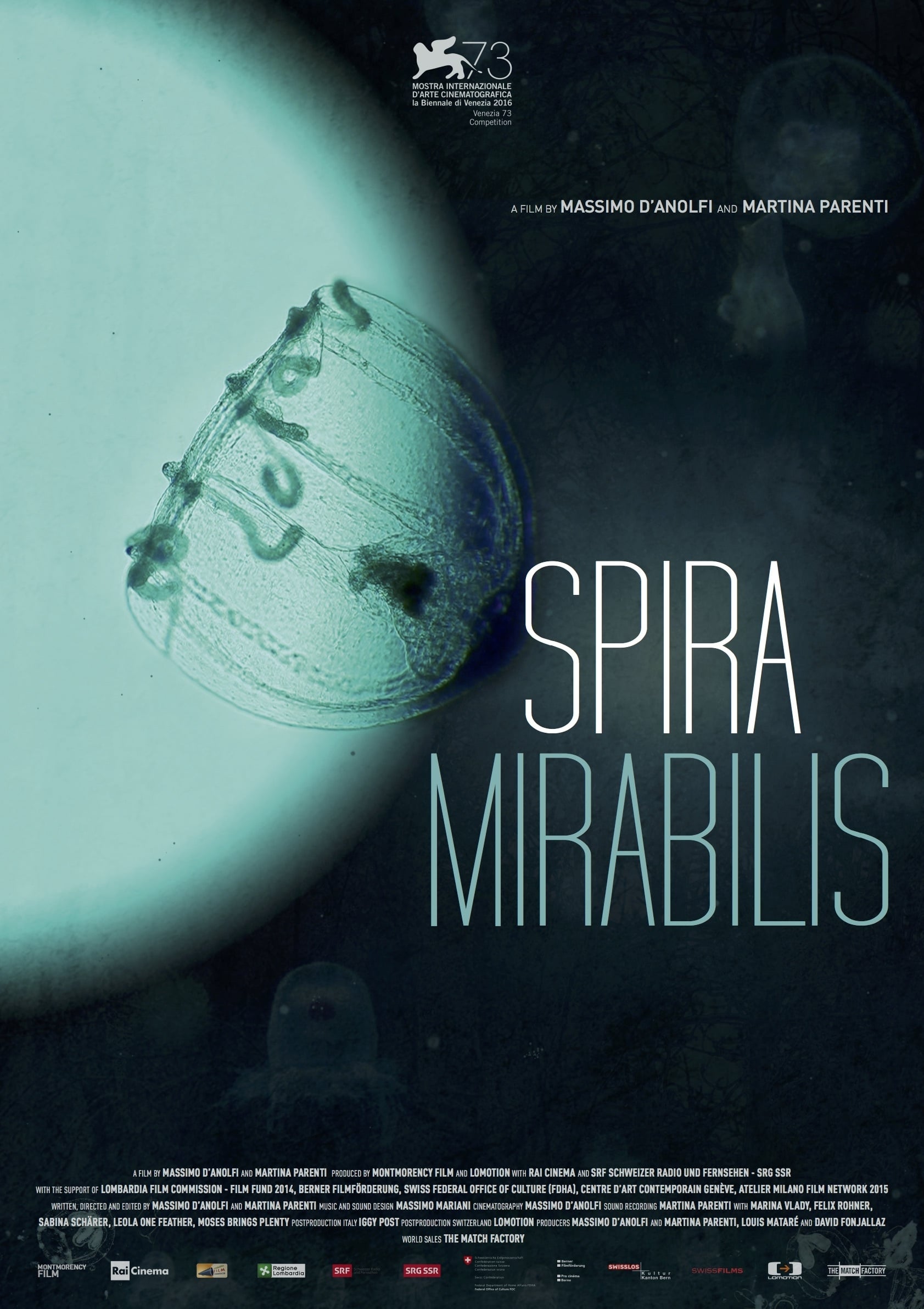
Water, air, earth, fire, ether. Four different stories that tell and show a reaching out towards immortality. We dedicate the element water to immortality in science, that of air to the immortality of art, that of earth to the immortality of faith and that of fire to the immortality of feelings. Ether, linked to the cosmos and the stars, is a tribute to the film industry.
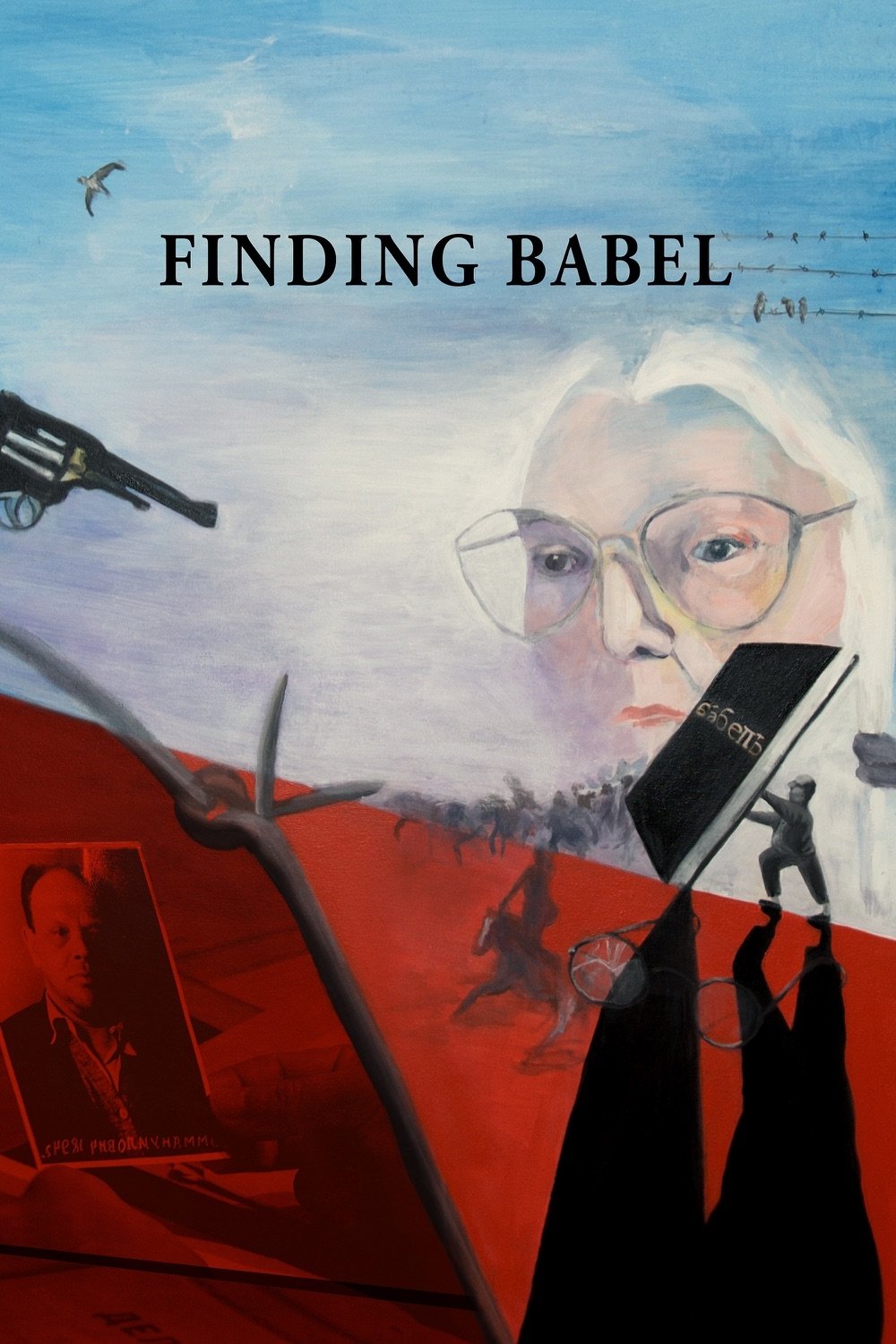
The subversive masterpieces of Russian-Ukrainian writer Isaac Babel challenged the reality of life under rising totalitarianism, and led to his arrest and execution in 1940. In Finding Babel, Andrei Malaev-Babel confronts complex traces of a turbulent history that echo in his grandfather's writing and in the conflicts of today's Ukraine and Russia. Babel's fiction is woven into Andrei's search with ethereal animation that puts the viewer, like Babel's readers, between fantasy and reality.

A portrait of the mythical Italian actor Marcello Mastroianni (1924-96), a unique performer who was one of the kings of European cinema.
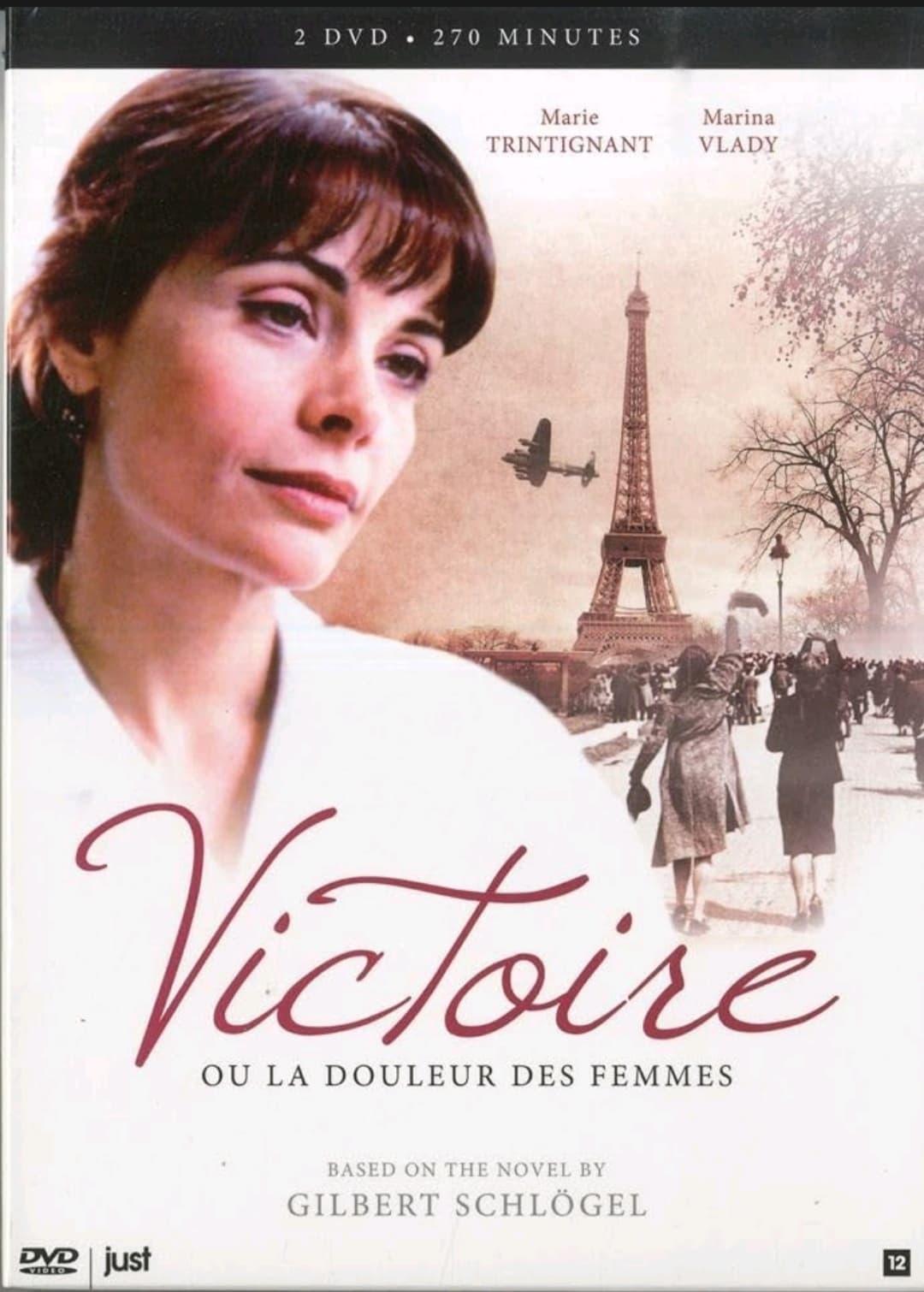
When German invades France, Victoire is 20 years old. The war, the child whom it awaits from Arnaud, the beneficial influence of Natacha, exiled Russian, soft and revolted at the same time, the friendship who links it in Jeannette, the love finally, will make of Victoire a combative and courageous woman. She will know passion. When, become gynaecologist, it meets Gianni, a journalist who will fight at his sides for the emancipation of the women, it will be an adult love. But Gianni, one day, will be erased by understanding that never Victoire will not cease awaiting Nicolas...

Marina Vlady (born Marina de Poliakoff-Baidaroff; 10 May 1938) is a French actress who made her film debut at 11. She has appeared in more than 100 feature films and television productions. She arrived as the blond bombshell and was the main attraction in "La sorcière" (1956).
By browsing this website, you accept our cookies policy.